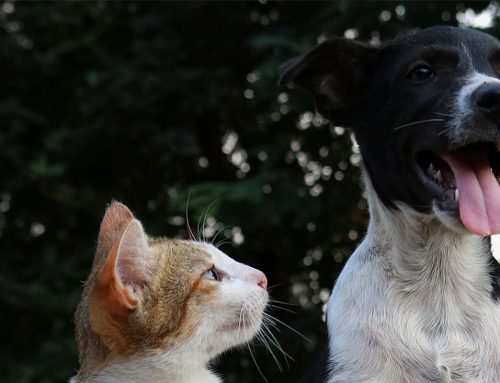Dealing With the Loss of Your Pet
Recovering from the shock after losing your pet can be very depressing. Pets are a part of the family and enrich our daily lives, so when they pass away we experience grief.
The common causes that leads to a pet’s passing are:
- Life threatening illness
- Old age
- Serious accidents or unanticipated incidences
- Behavioural changes
- Chronic illness that needs long term care and demand extra burdens
It’s inevitable that someday, you will lose your pet to death, however, there are things you can do now as an owner, to ensure your pet has the best chance of a long and happy life.
Review Your Pet’s Quality of Life
- Pain and discomfort during movement and walk
- Extreme loss of appetite
- Vomiting and diarrhoea after eating and drinking
- Difficulty in breathing
- Infrequent other problems related to urination or defecation
- Decline in sense of sight and hearing
- Dangerous behaviour
Be Kind
Consult your vet to discuss the complete health and disease profile of your pet. The vet can also help you to work out your alternatives when it comes to any conditions or ailments your dog may have. In the event of bad news, draw support from friends and family as well.
Adult Grief
Losing a pet is emotionally trying, even for the toughest person. Accepting grief over a pet can be difficult for some people, but the fact is that everybody experiences grief in their own way. Acknowledgement of those feelings of guilt, depression, sadness and the like is very important for your healing, and expressing your feelings to those close to you is essential. Feel free to consult a professional if you feel you’re not coping.
Child Grief
Children are often a lot more sensitive to situations than adults, and they will know if something bad is happening. Feel free to keep details of a painful experience or decision from them, but be sure to inform them of a decision regarding a pet when you have made it. If you have concluded that your pet will be put down, you need to let your child know. Here are some helpful tips that will assist you in getting your kids through the pain of losing a pet:
- Provide honest, easy-to-understand, age-appropriate answers: Always give your children clear, honest and easy answers which they can fully understand. They will respect your honesty.
- Be careful with your words: Avoid flattery, using phrases like “gone to sleep”, because these can create unnecessary anxiety. In the example of the term “gone to sleep”, your child may develop anxiety over going to sleep for themselves.
- Encourage your children to share their feelings: Allow your children to speak and share their feelings regarding the death of their pet, and allow them to share their sadness. You can also share your own feelings with them.
- Include your children in any pet funeral arrangements: Doing this enables your children to say farewell as they like.
- Assure children that it’s nobody’s fault: Let them know that nobody is responsible for the death of their pet.
The Healing Phase
As with any grief, time is the biggest healer. Allow yourself the necessary time and space for grief and healing. Don’t be afraid to seek help if you need it from a telephone hotline, chat rooms, online forums and support groups. You can also read books to help you understand what you are going through in the grief process.
If you think you are in need of individual expert help, contact a counsellor or talk to your GP who may refer you to a psychologist. Make contributions or volunteer your services to a pet shelter. As time goes by, the sadness will be replaced with happiness and you will remember the happy memories of your special friend.




